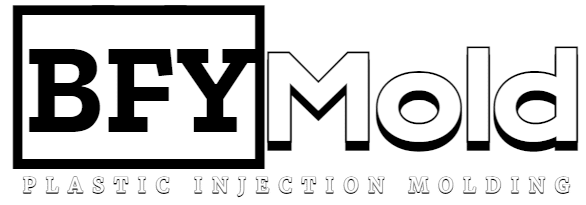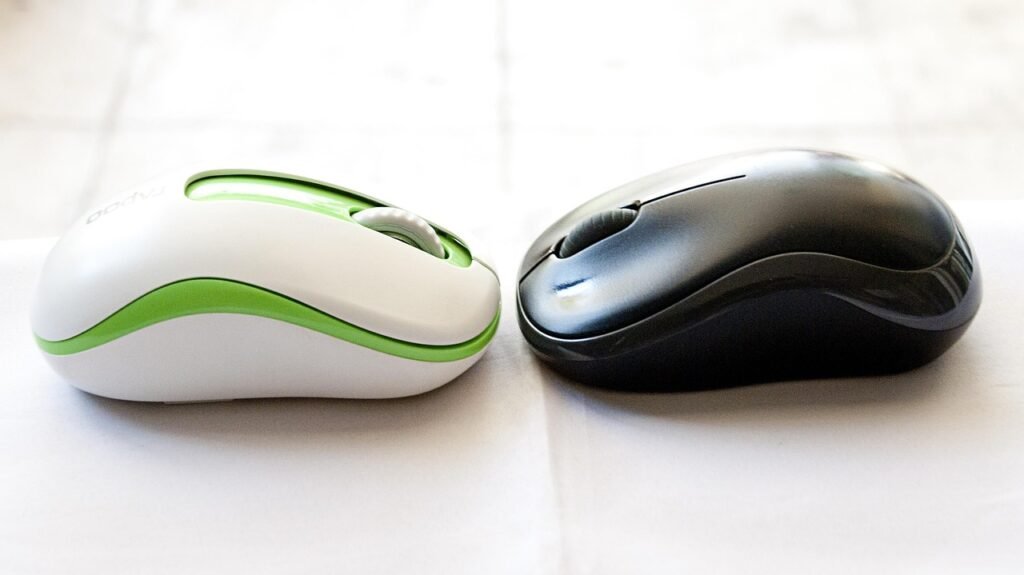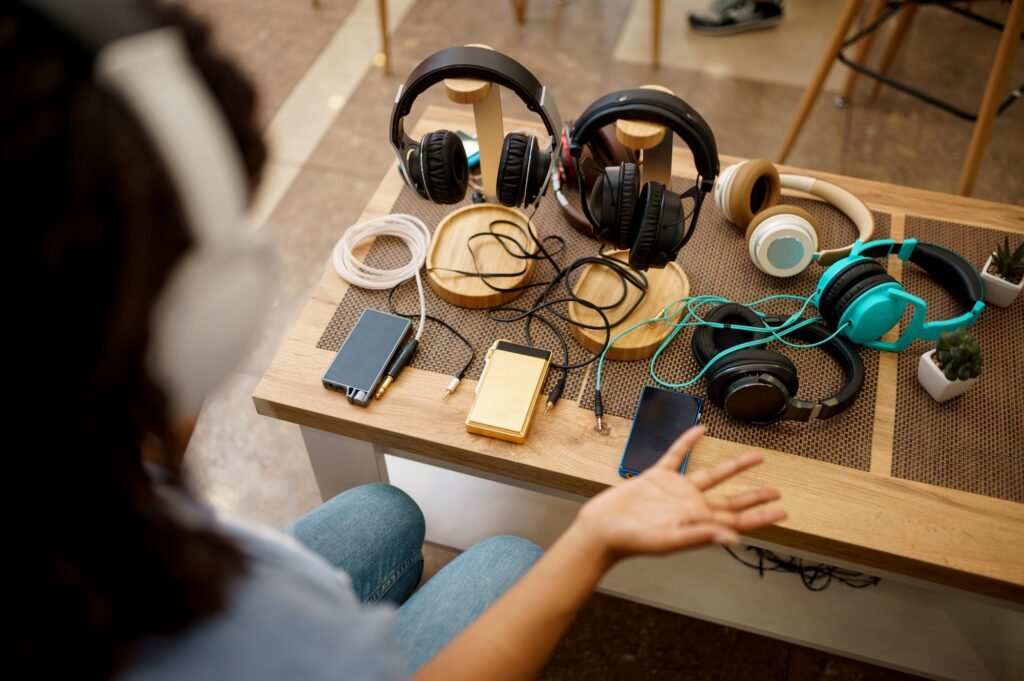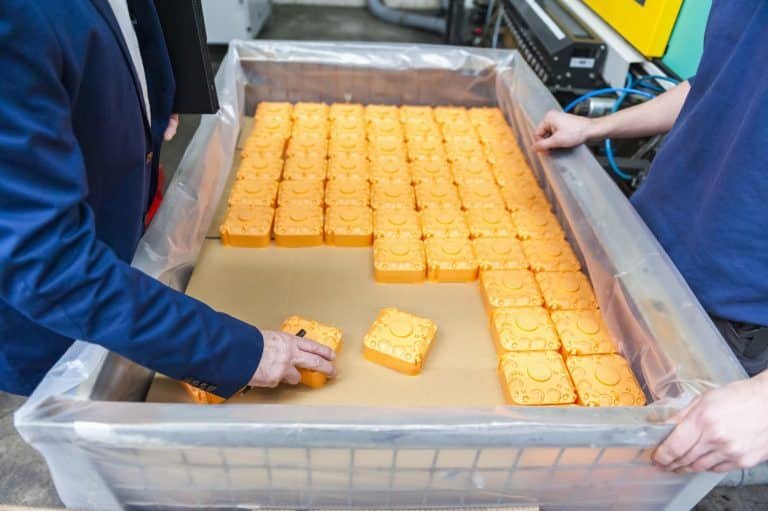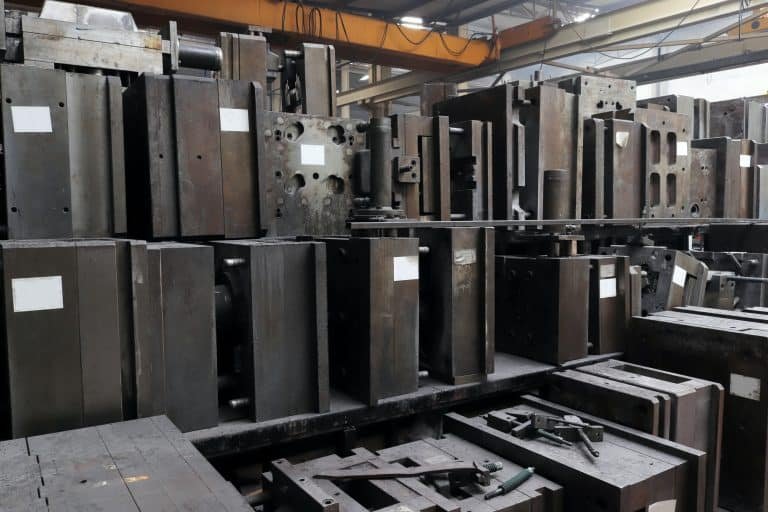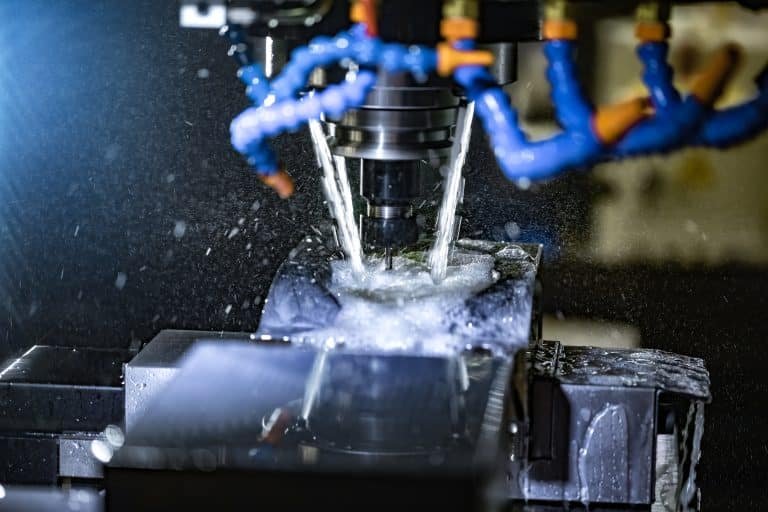In the realm of thermoplastics, Polycarbonate (PC) and Acrylonitrile Butadiene Styrene (ABS) stand out as two widely used materials with diverse applications. Here’s the comparative analysis of PC and ABS, focusing on their respective performance characteristics and applications in various production settings.
Performance Analysis:
1. Chemical Structure:
- Polycarbonate (PC): PC is a high-performance thermoplastic polymer characterized by its linear carbonate group in the polymer chain. This structure imparts excellent transparency, high impact resistance, and inherent flame retardancy to PC.
- Acrylonitrile Butadiene Styrene (ABS): ABS is a copolymer composed of three monomers: acrylonitrile, butadiene, and styrene. This combination results in a versatile material with balanced mechanical properties, impact resistance, and ease of processing.
2. Mechanical Properties:
- Polycarbonate (PC): PC offers exceptional impact resistance, making it suitable for applications where durability is crucial. It also exhibits high tensile strength, stiffness, and dimensional stability.
- Acrylonitrile Butadiene Styrene (ABS): ABS is known for its balanced mechanical properties, including good impact resistance, flexibility, and strength. While not as rigid as PC, ABS provides sufficient toughness for various applications.
3. Thermal Characteristics:
- Polycarbonate (PC): PC demonstrates high-temperature resistance, with a glass transition temperature (Tg) exceeding that of ABS. This property makes PC suitable for applications requiring heat resistance and stability.
- Acrylonitrile Butadiene Styrene (ABS): ABS has a lower Tg than PC, indicating lower thermal resistance. While it can withstand moderate temperatures, it may deform under sustained exposure to high heat.
4. Transparency:
- Polycarbonate (PC): PC is renowned for its optical clarity and transparency, making it an ideal choice for applications such as eyewear, optical lenses, and transparent enclosures.
- Acrylonitrile Butadiene Styrene (ABS): ABS is inherently opaque, and while it can be colored and made translucent, it doesn’t match the optical clarity of PC materials. ABS is often chosen for applications where transparency is not a critical factor.
5. Chemical Resistance:
- Polycarbonate (PC): PC exhibits good chemical resistance to many solvents, acids, and bases. However, it may be susceptible to certain chemicals under prolonged exposure.
- Acrylonitrile Butadiene Styrene (ABS): ABS generally has moderate chemical resistance. It may be affected by certain solvents, so compatibility with specific chemicals should be considered in the application.
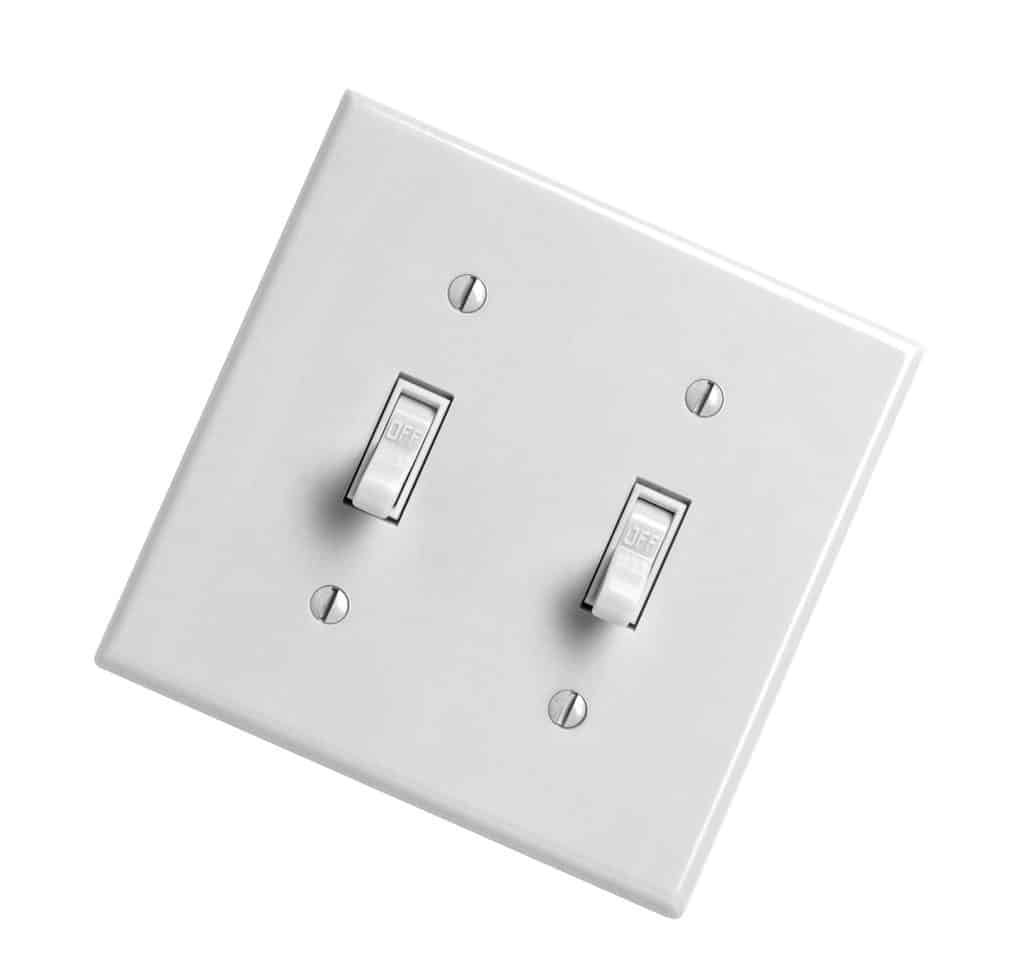
Applications in Production:
1. Consumer Electronics:
- Polycarbonate (PC): PC is widely used in the production of electronic components like laptop and smartphone housings due to its high impact resistance and optical clarity.
- Acrylonitrile Butadiene Styrene (ABS): ABS is favored for manufacturing durable yet cost-effective components such as keyboard keys, remote controls, and housing for electronic devices.
2. Automotive Industry:
- Polycarbonate (PC): PC finds application in automotive lighting lenses and interior components due to its clarity, impact resistance, and ability to withstand harsh environmental conditions.
- Acrylonitrile Butadiene Styrene (ABS): ABS is commonly used for various interior components, including dashboard components, trim, and grilles, benefiting from its balance of strength and cost-effectiveness.
3. Medical Devices:
- Polycarbonate (PC): PC is chosen for medical equipment and devices requiring transparency, such as incubators, face shields, and certain surgical instruments.
- Acrylonitrile Butadiene Styrene (ABS): ABS is employed in the production of durable medical equipment, housings for diagnostic devices, and components where a balance of strength and cost is essential.
4. Consumer Goods and Toys:
- Polycarbonate (PC): PC is utilized in the production of transparent and impact-resistant products such as water bottles, eyewear, and toy components.
- Acrylonitrile Butadiene Styrene (ABS): ABS is a popular choice for manufacturing toys, game controllers, and various household items due to its impact resistance and cost-effectiveness.
Conclusion:
In the realm of thermoplastics, the choice between PC and ABS hinges on the specific requirements of the application at hand. PC stands out for its optical clarity, high impact resistance, and suitability for applications demanding transparency. On the other hand, ABS offers a balanced set of mechanical properties, cost-effectiveness, and versatility, making it a preferred choice for a wide range of applications. The decision ultimately boils down to the specific needs of the production process, considering factors such as mechanical performance, thermal characteristics, transparency, and budget constraints.
